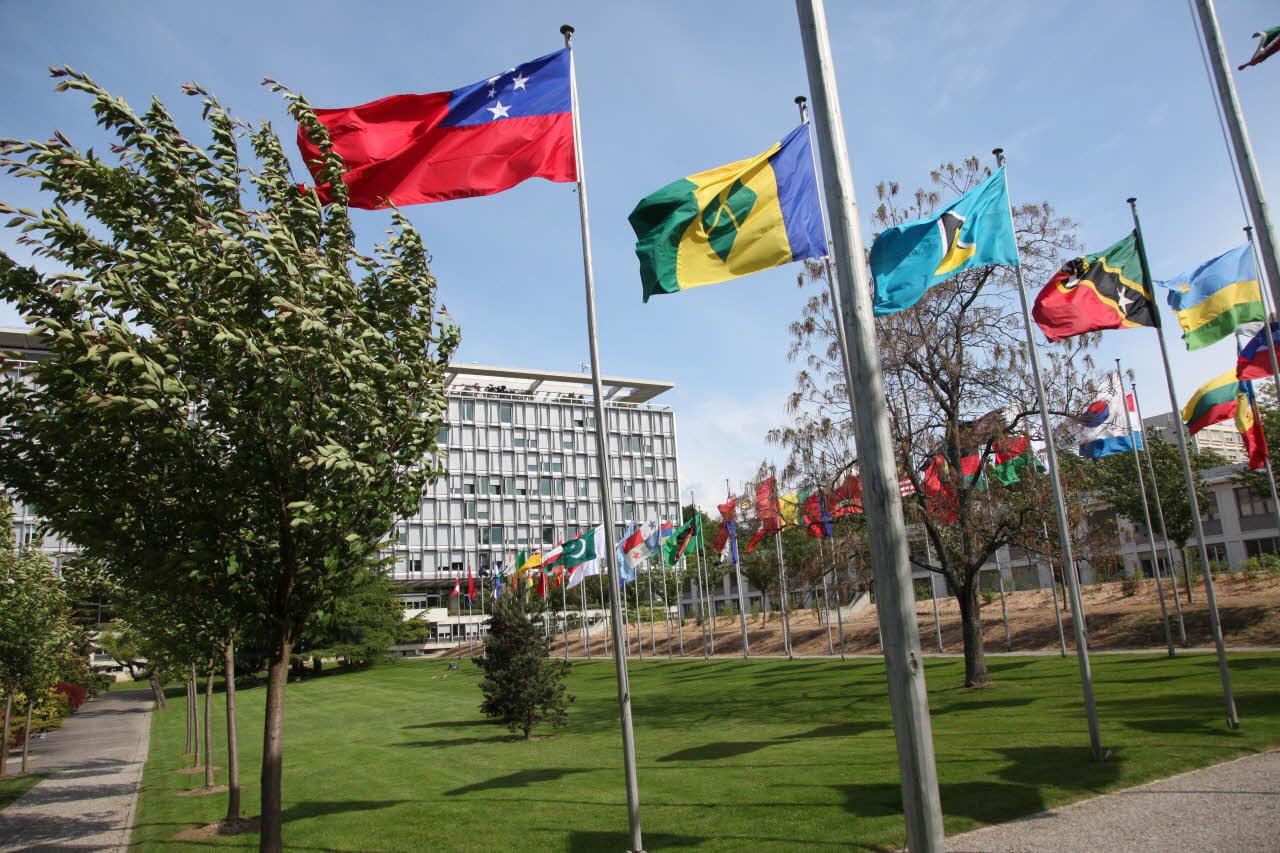After discussing the latest developments, the World Health Organization's (WHO's) emergency committee on the Middle East respiratory syndrome coronavirus (MERS-CoV) decided today that the MERS situation still does not amount to an international public health emergency.
Today's teleconference was the fourth one for the committee, which was formed earlier this year. The session came amid a continuing trickle of reported MERS-CoV cases in the Middle East and growing evidence that camels may be a source of the virus.
"Based on a risk assessment of current information, it was the unanimous decision of the Committee that the conditions for a Public Health Emergency of International Concern (PHEIC) have not at present been met," the WHO staid in a statement.
But the panel felt that the situation is still of concern in view of ongoing cases and new information about the presence of the virus in camels, the statement said. The virus was found recently in camels in Saudi Arabia and Qatar. The panel reinforced its previous advice to the WHO and member states, which includes:
- Strengthening surveillance, including in countries with pilgrims
- Increasing awareness and effective risk communication concerning MERS-CoV
- Supporting countries that are particularly vulnerable, especially in sub-Saharan Africa
- Increasing relevant diagnostic testing capacities
- Continuing investigative work, including efforts to find the source of the virus and relevant exposures through case-control studies and other research
- Sharing information promptly in accordance with the International Health Regulations and coordinating with the WHO
The committee emphasized in particular the need for studies to improve the understanding of risk factors, including case-control, serologic, environmental, and animal-human interface studies.
The WHO said the group also commended Saudi Arabia for its management of the Hajj pilgrimage, which brought more than a million foreign visitors to the country in October.
The panel will probably reconvene in March 2014, at the end of the northern winter, but it could be reconvened sooner in case of any serous developments, the WHO said.
Baby tests negative
In other developments, a baby girl who was born to a woman in the United Arab Emirates (UAE) who was infected with MERS-CoV tested negative for the virus, the UAE newspaper The National reported yesterday. The 32-year-old mother died of her illness on Dec 2, according to earlier reports.
Jamal Al Kaabi, director of customer care and corporate communications at Health Authority Abu Dhabi, said the newborn was not infected, according to the story.
The woman's 38-year-old husband and 8-year-old son also have MERS. The story said both of them were in stable condition. Earlier reports said the husband's condition was critical and the son had only mild symptoms. The three are from Jordan but were hospitalized in Abu Dhabi.
The woman gave birth to her baby by Caesarean section while she was hospitalized and critically ill with MERS. The WHO said on Dec 2 that the three patients had no recent travel history, no contact with other known case-patients, and no recent contact with animals.
See also:
Dec 4 WHO statement on emergency committee
Dec 3 The National story






















